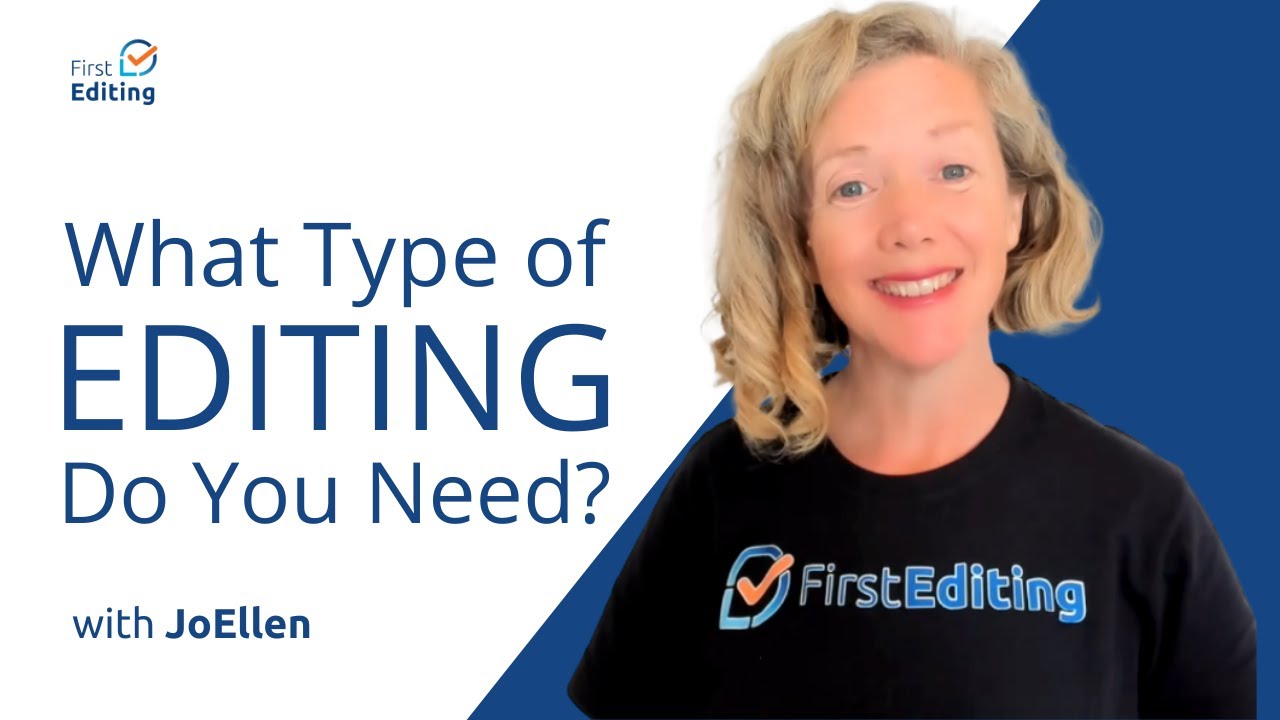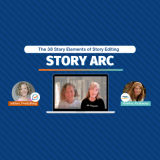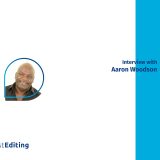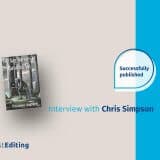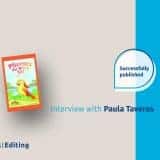

Professional editors look for specific themes and structure in epic fantasy adventure. Fantasy has many specific subgenres. Thus, it is always vital to identify your subgenre as a fantasy author so your editor can accurately determine if you are fulfilling your reader’s expectations.
Your professional editor evaluates your epic fantasy adventure novel based upon many factors, including its use of an epic setting, theme, plot, or stature of its characters.
We also know epic fantasy as high fantasy. We commonly define it as containing three unique elements which make it epic. First, it must be a trilogy or longer to claim its status. Second, it commonly has a time-span which encompasses many years. Third, an epic fantasy contains a unique world, universe, or backstory as the foundation for the novel. We set fantasy in an alternative world, rather than the “real” world.
Key epic fantasy elements editors look for
- Trilogy or longer
- Time-span of many years
- Unique world with fantasy themes
Common fantasy themes/tropes
A professional editor evaluates your novel’s theme to ensure it meets the fantasy reader’s expectations based upon the standard tropes within this genre and its specific subgenres.
Fantasy tropes are significant or recurrent themes, images, or story elements used as a common convention by fantasy authors.
- The chosen one with an unlikely or reluctant hero
- The dark lord in a traditional good vs. evil story
- The quest with a heroic or villainous search for power or knowledge
- The mentor which often includes magicians, warriors, hermits, and more
- Magical worlds with all-powerful artifacts based in ancient or medieval settings
- Damsel in distress or femme fatale stereotypes
- Dragons
- Taverns
- Epic journey
Common fantasy narratives may also include themes which are common in general fiction.
Fantasy fiction narratives
- Hero’s journey
- Individuals vs. society
- Tradition vs. the new
- Man vs. nature or himself
- Coming of age stories
- Love & betrayal
Be unique in your fantasy story
Make the use of fantasy themes unique in your story. Professional developmental story editors look for your unique and creative use of the fantasy tropes. Make your story stand out by having a twist or surprise within your plot.
- Subvert your readers’ expectations to make your story more exciting
- Create clear rules for the use of magic so it is more acceptable and obvious when there is a genuine need for it
- Implement the trope as your foundation of an already emotionally satisfying story
After reviewing your fantasy writing, story editors advise you to develop or delete various sections and themes. Of course, this is based upon the genre standards and their professional training. Obviously, you ultimately decide to accept or reject these changes.
Common elements of fantasy fiction
There are many common elements used when writing fantasy novels. It is these unique features which identify this genre and capture your audience’s attention.
- Magic based upon a well-defined system. This element identifies fantasy as separate from other fiction genres
- Unique worlds clearly set fantasy apart
- Mythological creatures, races other than humans, and complex characters
- Central conflict, such a struggle for mastery
- Power structure or system of governance
- Adventure
Magic or other supernatural phenomena in the plot, setting, characters, or theme is a key element of fantasy fiction. Including magical creatures such as elves, dwarves, and goblins also creates the fantasy world.
While history, romance, and action-packed adventure may be included in your fantasy story, magic is the element which sets this genre apart from the others. Myths, fairy tales, and legends are also traditional fantasy themes.
How to critique your fantasy world
Fantasy is based on your world-building skills. Your fantasy world creates the background for your major events, character preoccupations, and the governance or nature of its morality. Be sure to include the backstory, history, details, and explanations for the fantastical beasts which inhabit your world. Your editor reviews your presentation to ensure it is consistent and believable.
Professional editors look for feasibility in fantasy stories.
“Fantasy needs to be feasible.
When it stretches the imagination, it still has to work. For example, it’s okay if fire freezes and ice burns, but there needs to be an explanation of how that happened.”
Lee Ann, certified StoryCoach Editor for FirstEditing
Remember to show, not tell, when creating your fantasy world. Keep your facts straight throughout. Be consistent and eliminate any contradictions. Your editors will highlight any lack of clarity for you to revise.
Professional editors look for details from fantasy authors.
“When I edit a fantasy novel, I look for detail.
If they’re gonna create an entire fictional universe/world, let’s provide lavish detail as to what the denizens look like, what types of flora and fauna exist there, how people dress, what types of customs/traditions/religions they practice, and their level of technological development. In other words, make it easy for the reader to willingly suspend disbelief and step into this created world.”
Dr. Vonda, certified StoryCoach Editor for FirstEditing
How to assess your fantasy scenes
Professional editors assess your world-building scene by scene. The landscape your characters inhabit and how you describe it is important for your audience. It creates the tone for your story, along with the vivid experience shared via your descriptions, which should include all the senses.
Also, ensure you use variety within each scene’s entry & exit story elements.
Professional editors look for intriguing fantasy worlds.
“Create the world of your epic fantasy novel well.
A fantasy novel is a whole other world. You need to create this for your reader by providing the history, the backstory, the explanation of magical or fantastical beasts, powers that people have, etc. Use all the scene-setting elements you can to outline the smells, tastes, touch, sights and sounds of that world. What makes it unique and special? Show us through your descriptive language.”
Joanne, certified StoryCoach Editor for FirstEditing
How to write effective character point of view (POV) in fantasy
Editors check for consistent use of your narrative point of view. It affects everything from your character development to the overall fantasy writing style.
You must clearly communicate your POV character’s goal. Always include the emotional impact which results from their ultimate success or failure of that goal. Be sure to highlight the consequences of your POV character’s action to create tension and engage the reader.
Ultimately, there should always be a clear underlying goal. Regardless of which point of view you choose for your fantasy book, make sure it meets these qualifications.
How to evaluate your fantasy content
Editors evaluate how well you have plotted out your story, series, character arcs, story beats, world systems, rules, etc. How these ingredients come together determines the success of your story. While there are many unique fantasy themes to include, we always return to the foundation of a strong story. Your editor assesses your story arc and key scenes to ensure you have a strong foundation.
Professional editors look for conflict in fantasy.
“Throw in tension and conflict.
Each scene in your story should have some element of tension in it and even conflict. Tension can be of the romantic kind, angst between characters, flaws in their own character they battle or even just the struggle/desire to reach a goal. While characters might reach a goal within a scene, their underlying goal must still be a bit further away with lots of hurdles and obstacles on the way to achieving it. If they achieve their goals too easily it becomes unrealistic and readers will lose interest as there is no underlying tension. While we don’t want to torture our characters, readers do relate to characters that struggle to get where they need to because of the tensions they face.”
Joanne, certified StoryCoach Editor for FirstEditing
Fantasy settings often happen in a distant time & place. Characters have magical powers and consist of imaginary creatures. Often, the plot is based upon good vs evil.
How to structure your fantasy novel
Editors evaluate the structure of your fantasy story to ensure your success at engaging your readers. Our certified StoryCoach editors use a methodical and an objective approach to review your story arc, assess the 5 key scenes, and evaluate with a checklist of story elements for each scene.
In fantasy stories, your editor critiques the story structure, which may include the following features.
- Your hero is challenged and must accomplish X or Y happens. Have you created an obvious goal with consequences which engage your readers?
- Your fantasy may include other subplots. Do these interweave and support the overall story arc?
- What are the consequences/purpose for each plot/subplot?
- Do they occur within first ⅓ of the story?
- Are the stakes are clear to your readers?
- Have you created an inciting incident (rising action)?
- Does this occur within the first ⅓ of the story?
- Where is the story climax? Is it sufficient for your audience’s expectations?
- Do you have a logical conclusion?
- Do you neatly tie up the loose ends?
- If not, have you created a nice cliff hanger which leads to your sequel in your epic fantasy series?
How to establish your fantasy novel pace and balance
After reading through your story, your editor will assess its pacing. The average chapter length in fantasy novels is typically between 3K and 10K words. Your editor will compare the word counts for each scene with the events to ensure balance.
A fantasy book often has up to 150,000 words due to all the descriptions and backstory necessary to create and depict your fantasy world. Be sure to include all the necessary details so that your readers attach to your characters and their adventure.
Professional editors look for epic length in fantasy.
“Make it long enough.
Fantasy novels are often on the longer side because of the detail required above (perhaps 120,000 words plus). Don’t short-change your reader by not providing that detail. Be extravagant if you have to. Don’t be afraid to get creative and detailed. This might be a world that has particular rules or physics, unusual geography, strange beings. The reader needs all that detail.”
Joanne, certified StoryCoach Editor for FirstEditing
Your editor will highlight where the story drags and specifically instruct you on how to remedy this developmentally or structurally via placement, the word count, and description. They will also point out anything boring, dragging, or wordy to ensure you can revise it for your readers.
Essentials for writing fantasy characters
Editors look for emotional engagement of your readers via your characters, which should be engaging. You want your audience to empathize with them.
Professional editors evaluate your fantasy book by reviewing the following details.
- Are your characters interesting to your reader?
- Do you use appendices for your characters if necessary?
- If so, does the appendix include the characters’ relationships and roles?
- Have you created unique characters with specific dossiers (likes/dislikes, characteristics, backgrounds, etc.)? This is especially important if you have different POVs.
- Does each character have their own arc? Do they start strong, grow in skills/beliefs/goals because of their challenges, and achieve unique results (success, failure, other outcome)?
- Are there any inconsistencies, such as use of terminology or personality traits, within your novel?
- Is there any lack of agency where the character is an object of the plot instead of an active person making their own choices?
- Is there any other areas which lack clarity?
Professional editors look for consistency in fantasy characters.
“I look for character consistency.
Each character should have unique mannerisms/dialect/looks and keep them throughout your story.”
Dr. Vonda, certified StoryCoach Editor for FirstEditing
Checking your fantasy book’s emotional beats
Your editor will review your characters and plot to determine where your reader should feel emotion and ensure it is happening. Once this is identified, you can make the changes during your revisions.





